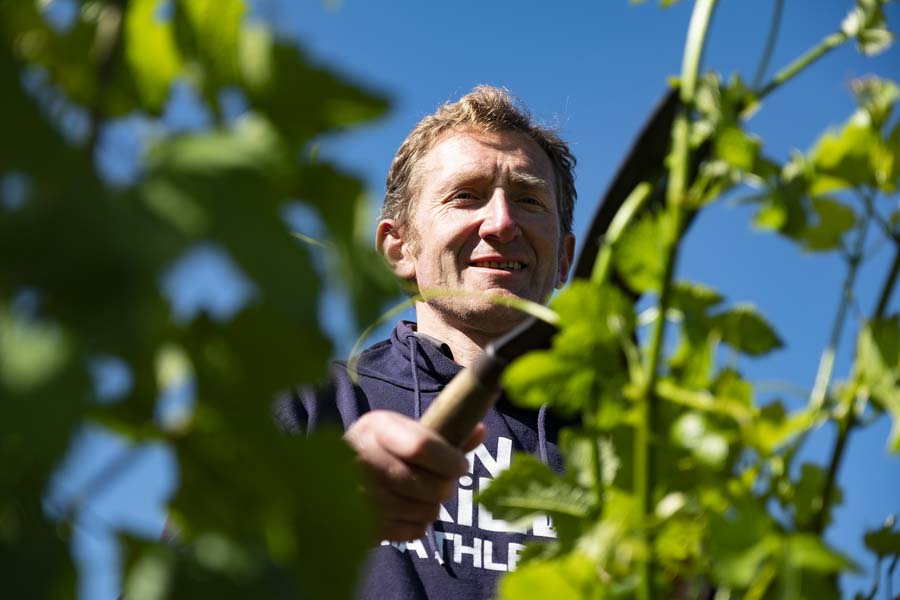Biodynamics: nature as a living ecosystem
The Demeter organisation which grants us our certification defines biodynamics as : a holistic agriculture that considers the farm and more generally nature as a living ecosystem in which animals, plants and humans act in synergy.
Regenerative or conservation agriculture
Boris Champy had the opportunity to attend a conference in California with Miguel Altieri of the University of Berkeley in the 2000s . This thinker had already written a reference book on “Agroecology“ back in 1986. Boris was deeply influenced by the talk he gave.
At the Domaine we believe in the benefits of a diverse and healthy ecosystem. Our hedges are a habitat and for wildlife, including small birds which will feed on the seeds of plants growing amid the vines and will regulate insect populations. Birds of prey will feed on small birds and mammals. Hazel trees, brambles and hawthorns will have a positive impact on the soil by allowing mycorrhizae, fungi networks and other microorganisms to develop, which will help build the strength of the vines that in turn will be transmitted to our grapes.

Our practices
Our practice of biodynamics always boils down to good old-fashioned “farmer’s wisdom”. The vine lives in 4 phases: winter rest, then root growth (which we don’t see!) followed by budbreak (vegetative growth) after which the future clusters of grapes emerge, flower and become the grapes that will ripen. Lastly, the fourth and final phase is the storage of nutrients, with the return of root growth. With biodynamics, we aim to work with each of these 4 phases in order to achieve the winegrower’s objective: excellent-quality grapes.
Horn dung preparations in the autumn and spring are intended to boost the life in the soil. One of the strengths of biodynamic growing is that it allows us to go through the vineyards, observe the soil and the plant at close hand, and thereby fine-tune all our practices. The soil is the home of the root system: it provides food and habitat, the food must be well-balanced with organic matter, minerals and water. This habitat must also be comfortable: not too humid, not too dry, at the right temperature, aerated…
Silica preparations on the vine will support its growth, either by helping the vine through the cold periods by providing light, or through the hot periods by helping it manage the light. We use herbal teas (wicker, nettle, horsetail, yarrow, chamomile, etc.) over the vine’s life cycle to strengthen it and protect it against fungi (with minimal doses of sulphur and copper).
The vineyard and winery work is carried out in accordance with the lunar calendar and above all in accordance with all the cycles, both of the soil and of the vine…
It also makes good farming sense to use local manure compost if necessary (either from our own sheep or from a neighbouring farm) in order to work locally as much as we can.

